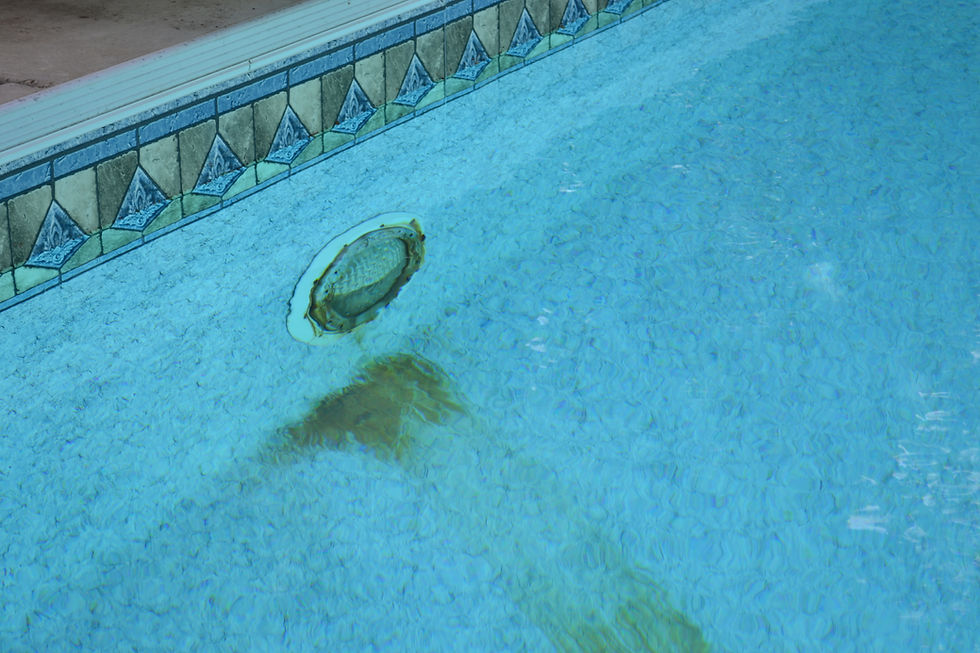Chlorine vs Bromine in Spas
- Gabby Pugliese

- Mar 3, 2021
- 2 min read
Updated: Mar 10, 2021
All hot tubs need to be sanitized before use to ensure they are safe to get in. There are two ways to effectively disinfect your spa - chlorine or bromine. You may have heard of both these chemicals but still aren't sure which sanitizer is right for you. To make this decision and to keep your hot tub clear, you may need more knowledge on both of these chemicals and how to add them to your spa.

Weekly Maintenance for Bromine:
1. Add 1 Rendezvous Bromine Tablet per 100 gallons of spa water to your spa weekly.
Bromine is a concentrated source of active bromine and dissolves evenly in spa feeders and floaters.
2. Add 2 oz. of Rendezvous Activate per 250 gallons of spa water to your spa weekly.
This chemicals "activates" bromide solution (a.k.a. your bromine tablets) to work as shock that destroys contaminants.
3. Add 2 oz. of Rendezvous Protect Plus per 250 gallons of spa water to your spa weekly.
Protect Plus prevents stain and scale from forming on the surfaces of your spa.
Pros of Bromine:
Odor is less potent
Gentler on skin than chlorine
More effective at high temperatures and pH levels
Easier to keep pH balanced
Does not have to be added as frequently as chlorine
Cons of Bromine:
Harder to rinse of skin
Typically more expensive than chlorine
Not as good of an oxidizer as chlorine

Maintenance for Chlorine:
1. Add 1/2 oz. of Leisure Time Spa56 per 500 gallons of spa water to your spa weekly and before each use of the spa.
Spa56 is a fast-dissolving granular chlorine that is virtually neutral in pH and therefore does not upset water balance.
2. Add 2 oz. of Leisure Time Defender per 800 gallons of spa water to your spa weekly.
Defender prevents scale from forming on the surfaces of your spa.
3. Add 1 oz. of Leisure Time Enzyme per 250 gallons of spa water to your spa weekly.
Enzyme removes oil, lotion, and organics from spa water.
Pros of Chlorine:
Kills contaminants more quickly than bromine does
Typically less expensive
High oxidation power
Cons of Chlorine:
Not as effective at higher pH levels
Can be harsh on the skin, hair, and eyes, especially at too-high levels
Dissipates more quickly than bromine, so will need to be replaced more often




